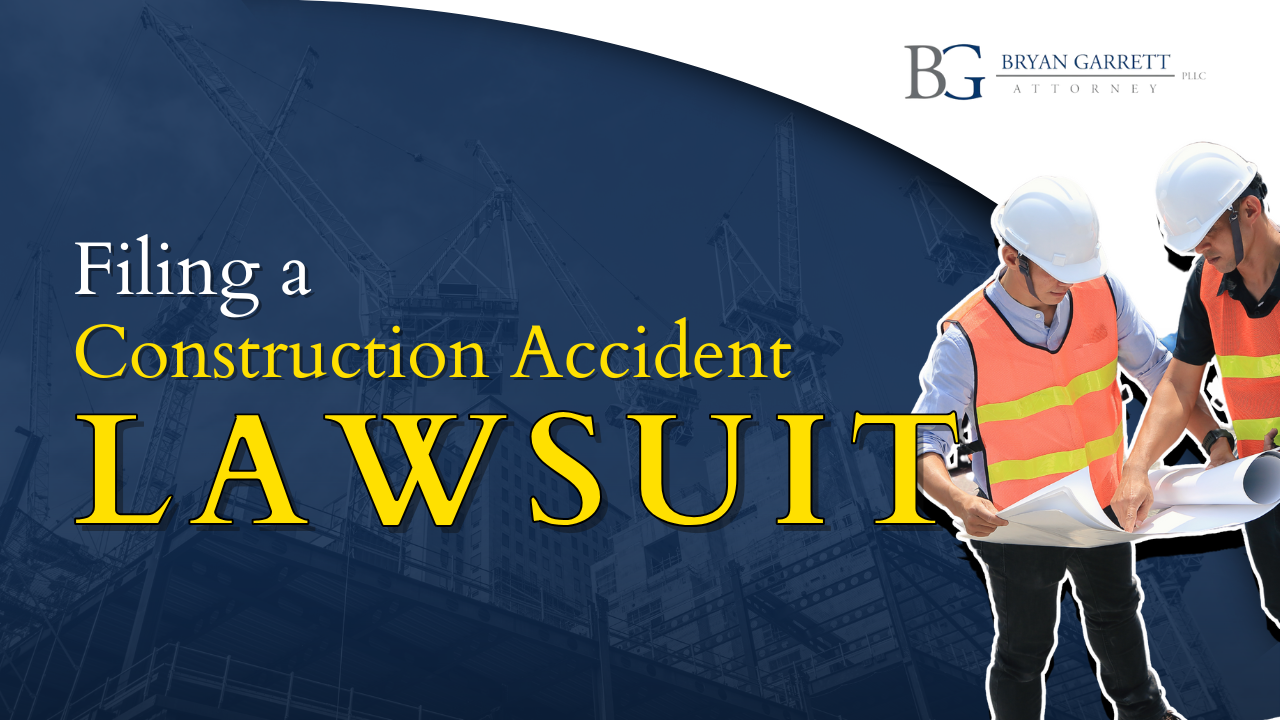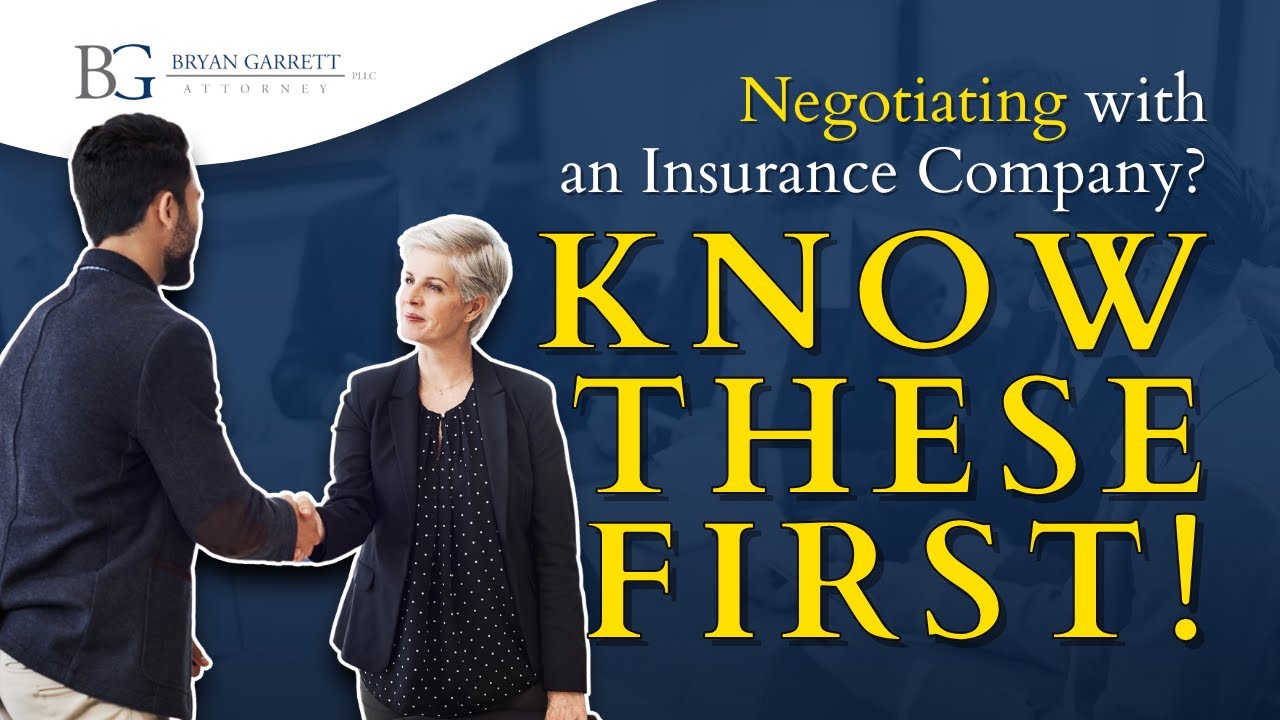
If you were injured on private property, you’re probably wondering if you have any recourse? Is the property owner responsible for paying your medical bills and compensating you for lost wages, or do you have to foot the bill yourself?
There is no uniform answer here, and whether you can sue the owner of the property depends on several factors, including the circumstances of your injury, the hazard that caused it, and whether you were authorized to be on the property. This article provides some background information about premises liability. Please consult an attorney to discuss the specifics of your case.
Commercial vs. Private Property
The first thing an attorney might ask you in gathering the facts of your case is where the accident happened. For example, if you slipped on a wet floor at a restaurant or supermarket, the answer about whether you can sue might be different than if you tripped on a rug at your friend’s house.
Generally, business owners must adhere to a higher standard of care in protecting people on their property from harm. This is true even if you’re not a customer.
Business owners have a duty to keep their property in safe working order. They also have a duty to warn visitors of any hazards on site. Usually, there is a short timeframe where they have to make the hazard safe, but this depends on the actual danger and the steps the owner took to mitigate the risk of harm.
Trespassers, Social Guests, Licensees, and Invitees
You’ve probably heard stories about a trespasser getting hurt on someone’s land and then turning around suing the property owner. Whether this person can succeed depends on where in the country they live.
In Oklahoma, trespassers are typically not afforded the ability to sue for an injury, but there are, of course, exceptions, so make sure you consult with an attorney, even if you were trespassing on someone’s land.
The law is much more favorable to visitors who have licensee, invitee, and guest status.
– A licensee is someone who enters the property for their own benefit, such as a solicitor making a sales call.
– An invitee is akin to a customer.
Either way, both licensees and invitees are afforded the same protections against hazards that can cause injuries.
Children are another protected class of visitors, even when they’re technically trespassers. The most distinctive item of note here is the concept of an attractive nuisance. The general rule, known as the “attractive nuisance” doctrine, is that a property owner must post a plainly visible warning if there they know (or should know) that children will be on the property.
Potential Property Owner Defenses
Given that a property owner has a duty to warn of a hazard and maintain a reasonably safe environment for visitors of all shapes and sizes, it might seem like most injuries would result in a favorable settlement for the victim.
However, property owners often fight tooth and nail to avoid paying for injuries that occur on their property. To defeat a victim’s claim, they may assert one or more of the following defenses:
1. The person who was injured was not authorized to be on the property. Examples include a social guest that outstayed his welcome or a customer who was onsite after business hours.
2. The injury was a result of the victim’s negligence. A property owner may try to show that you contributed to the injury by not acting as a reasonable person would. For example, if you fell in a hole but the evidence shows that you were texting while walking, the property owner will likely argue that the case should be dismissed.
Contact an Attorney to Discuss Your Injury
A premises liability case is almost never straightforward, and it often requires the expertise of an attorney to sort out the details and negotiate a settlement. To ensure you have an advocate who adequately represents your interests, contact Attorney Bryan Garrett today for a complimentary consultation at 405-591-3508.


